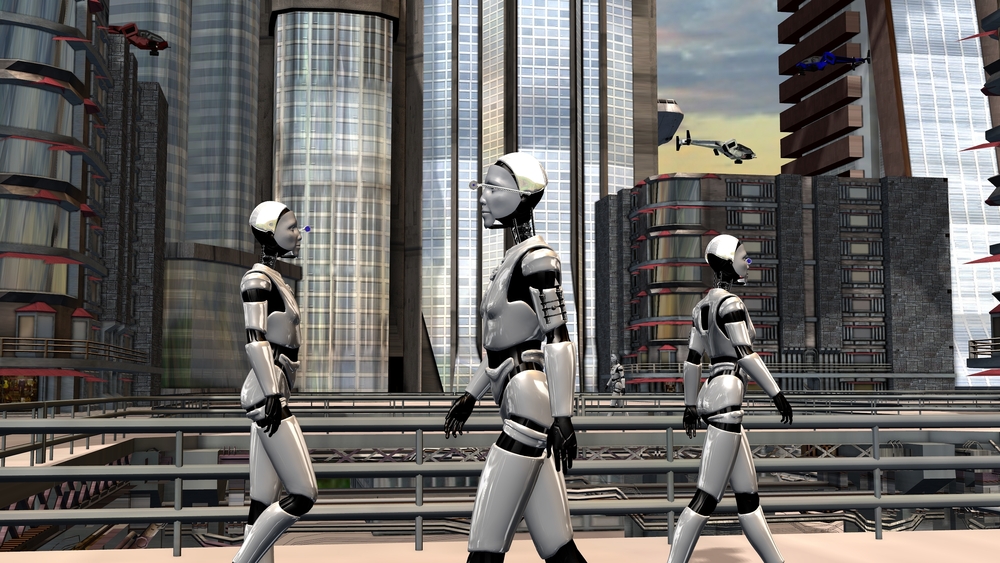Culture June 19, 2017
Sorry, Beyonce, but in Dubai we are not "Irreplacible."


Could this be the end of humanity taking the lead in workplaces?
Dubai is proud to represent this slow destruction of human resources. The first robotic police officer was inducted into the Dubai Police Department earlier this month.
There are many mixed feelings about the robotic police officer’s existence. Which is accompanied by many questions of its functionality within the department.
There once was a time when criminals and law enforcement had a fair chance to go at each other or escape from one another. But now times are changing, and Dubai police are fed up with criminals escaping.
Dubai is the first to allow technology to play such an important role within the law department. The robot was created to help with issuing traffic warnings, identifying criminals and literally doing a better job at catching them.
The robot will go 80 mph, which is terrifying to know. I would never want to be chased by one of these things. Which poses the question, “What would happen after they catch you?” The answer to that is unclear.
Not only will this robot go fast, but it will turn into a motorcycle. There is no way the human race can compete with them when it comes to speed, agility or technical computing. The department must keep this in mind before they attempt to replace a large percentage of the employees. And oh, yeah, humans have the advantage of actually understanding one another.
There is too much room for technical errors. Replacing humans with a machine programmed to perform specific tasks can be problematic. Most police positions require psychology assessments which are impossible to do on a machine.
If there is not a specific way to respond to a situation will the machine self-destruct or just stop working? How will they be monitored and dispatched?
There is an additional scary component behind these robots: their personalities. If they add personalities to them like Apple’s Siri and Amazon’s Echo, what will be their demeanor?
Movies like “Ex Machina” demonstrate the problem with artificial machines that duplicate human thought processes and tasks. Usually, the outcome is bad, because these two worlds should not be crossed.
Although we cannot compete with these robots physically, the department should be mindful of the fact that humans have both mental and emotional capacity.
They should be the ones behind the police force to patrol, educate and enforce rules. If robotic policing is necessary within Dubai’s force, they should not use them to replace officers in the field, but as additions in more administrative areas.
Let’s just hope this doesn’t become a thing globally.